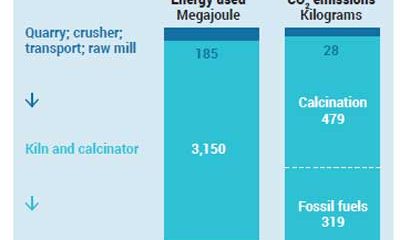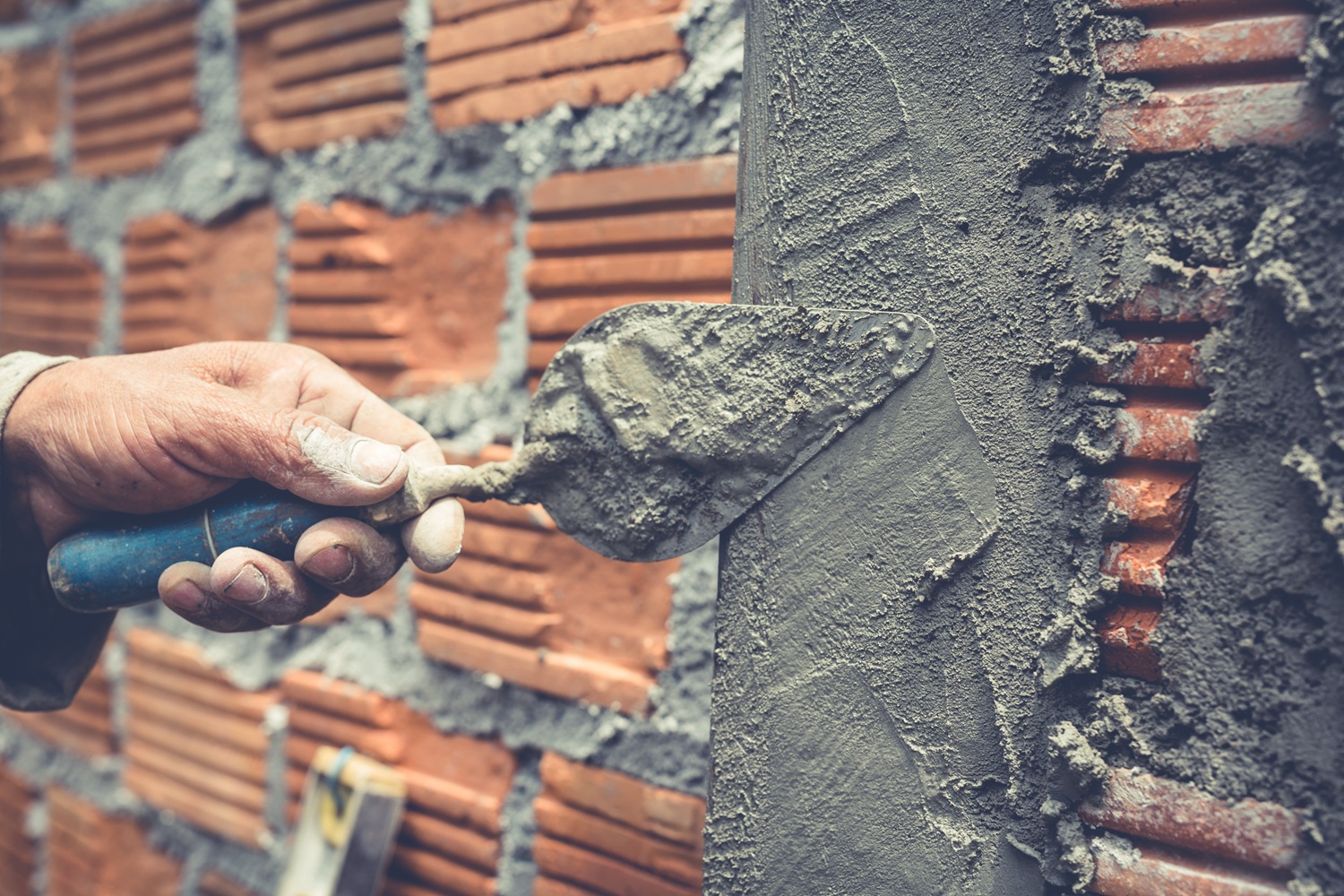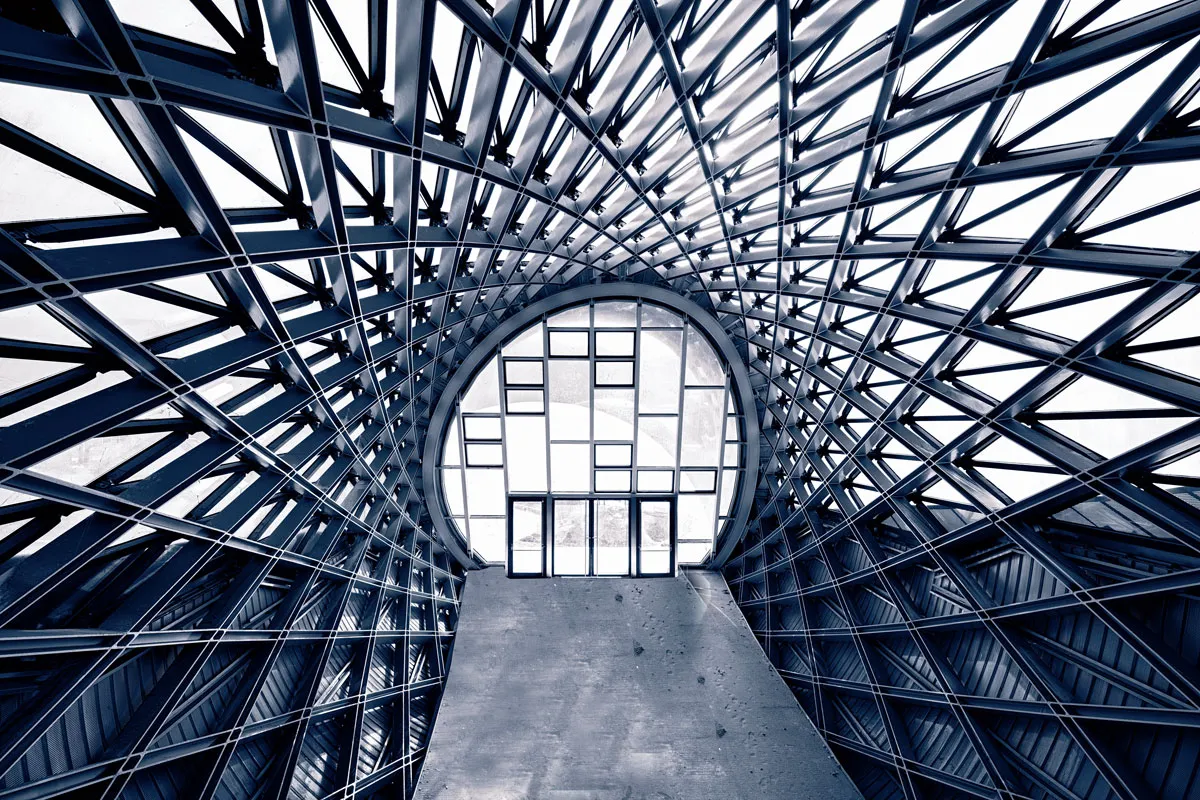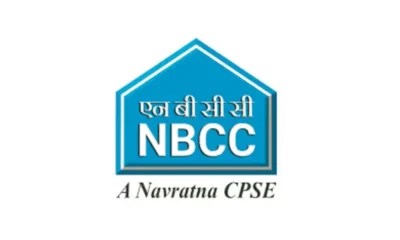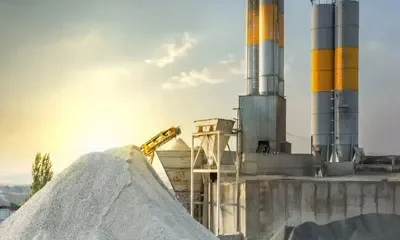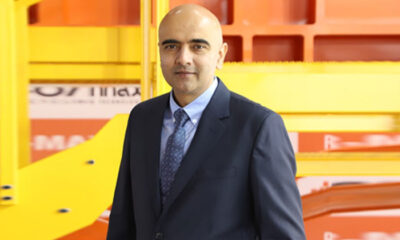The EPC contract for India?s longest Overland Belt Conveyor (OLBC) system to Heidelberg Cement is another significant milestone in Macmet?s list of achievements.
In 2010 Macmet, against stiff competition from L&T, FL Schmidt, Sinoma International Engineering Co bagged the turnkey contract from Heidelberg Cement for design, engineering, manufacture, supply of equipment, Civil & Structural Construction and Erection of Plant/Machinery for a 21 km long Overland Belt Conveyor system for transporting Limestone from Patharia Quarry to Narsingarh Clinkerization Unit, for the Diamond Cements Plant at Damoh.
The OLBC commissioned for Heidelberg Cement consists of six flights of conveyors, totaling to 20,790 meters. Four flights connect the mine to the Bunker. From the bunker, one flight goes to the Plant and another flight goes to the stockyard. The six flights measure 640 meters, 9800 meters, 8150 meters, 1600 meters, 475 meters and 125 meters (total 20,790 meters). The 1000 mm wide belt conveyor has been designed to transport limestone at an average speed of 4.0 meters/second from the quarry to the plant. The capacity of this conveyor system is 1000 TPH. On its way to the Plant, the conveyor crosses several villages and roads as well as the Sonar River (spanning a width of 120 meters at the cross over).
The conveyor accessories supplied include apron feeders, bag filter with fan, compressors, motorized diverter, Pin/Rod Gate, Magnetic Separator, Metal Detector and Belt Weigher. The electrics include 33KV Substations, Transformers, 690V Voltage Variable Frequency Panels with 690V/350kW Motors controlled by a PLC Automation System.
Macmet undertook the civil work, constructing 890 nos. RCC columns, the maximum height of which was 23 meters at the Sonar River. 4 sub-stations (18,280 cubic meter) as well as a Hopper of 2020 cubic meters were built. The Civil RCC work (including sub-station buildings, bunker, trestle columns and foundations etc.) was completed in one year from November, 2010 to October 2011.
Macmet also completed Structural Fabrication and Erection work of 903 Girders (the maximum span being 47 meters), 61 nos. Trestles (maximum height being 37 meters). The 6025 Ton Fabrication and erection of structural steel work (including transfer houses, gallery, girders, trestles, etc.) was completed in one year from June 2011 to May 2012. About 3300 Tons of mechanical equipment and electrical equipment was also erected.
The 21 km conveyor system passes through several densely populated villages. There was scarcity of water (a significant hurdle for civil construction) and only a single ?kutcha? road running along the route of the conveyor system, which made movement of men and material very difficult. Macmet had to tread the tightrope of handling disgruntled local populace and completing the work within schedule. Land disputes were settled by our interaction with the local villagers and the help of Heidelberg Cement and local Administration Officials.
We gained the confidence of the local people through regular interactions and by conducting social work such as education, provision of drinking water, renovation of places of worship, etc.. Macmet also educated local labour to work in line with safety protocols. We are proud to say that the work was completed without any major mishap and Macmet was awarded the Certificate for conducting work safely. Erection was completed in December 2012 and operation of the 21 km OBLC for Heidelberg Cement commenced in January 2013. Macmet has also been awarded the maintenance contract for the system. The 21 km Overland Belt Conveyor System supplied by Macmet to Heidelberg Cement at Damoh continues to perform satisfactorily since commencement of its operation in 2013. Macmet also has been awarded job for maintenance of the conveyor.
Macmet, an ISO 9001:2008, ISO 14001:2004, OHSAS 18001:2007 certified company, supplies Bulk Material Handling systems and Intake Screening equipment to Cement, Power, Steel and Mining companies in India and abroad.
Macmet is a leading supplier of Troughed Overland Belt Conveyors and Pipe Conveyors in India. Pipe Conveyors provide an environmental friendly solution for conveying bulk material with zero spillage. Macmet has the maximum number of references for Pipe Conveyors in India. Macmet has supplied Asia?s longest Pipe Conveyor (7 km) to Jindal Power Plant at Raigarh. We have also supplied one of the world?s highest capacity, fastest Pipe Conveyors to Gayatri Projects Ltd. for carrying coal between port and Plant End of TPCIL?s 4 x 660 MW Thermal Power Plant of TPCIL at Krishnapatnam, Nellore, Andhra Pradesh.
Macmet also manufactures screening equipment to remove debris, weeds, branches, grass, fish, etc. from water sourced from rivers, lakes and oceans by Power Plants. Macmet has commissioned India?s largest intake system for Coastal Gujarat Power Ltd. and the country?s second largest intake system for Nuclear Power Corporation of India at Tarapur. Intake screening equipment manufactured by Macmet is in operation in over 15 countries worldwide.
Macmet has modern engineering & manufacturing facilities and a firm commitment to quality assurance and customer satisfaction. The company is headquartered in Kolkata with engineering offices at Kolkata, New Delhi and Bangalore. The manufacturing works are located at Kolkata.






